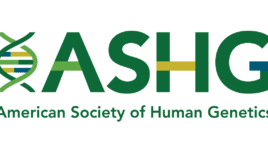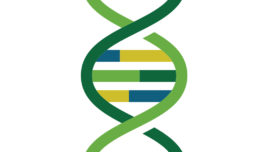Collaborative Science in Genomics: The Value of Data Sharing and Thoughtful Stewardship
Large-scale data sharing is indispensable for advancing human genetics and genomics (HGG) research and medicine. The willingness of study participants and researchers to share data has been the foundation of rapid advancements of the HGG field for decades. If the potential benefits of HGG research are to be fully realized, maintaining a broad data-sharing ethos and... Read More


